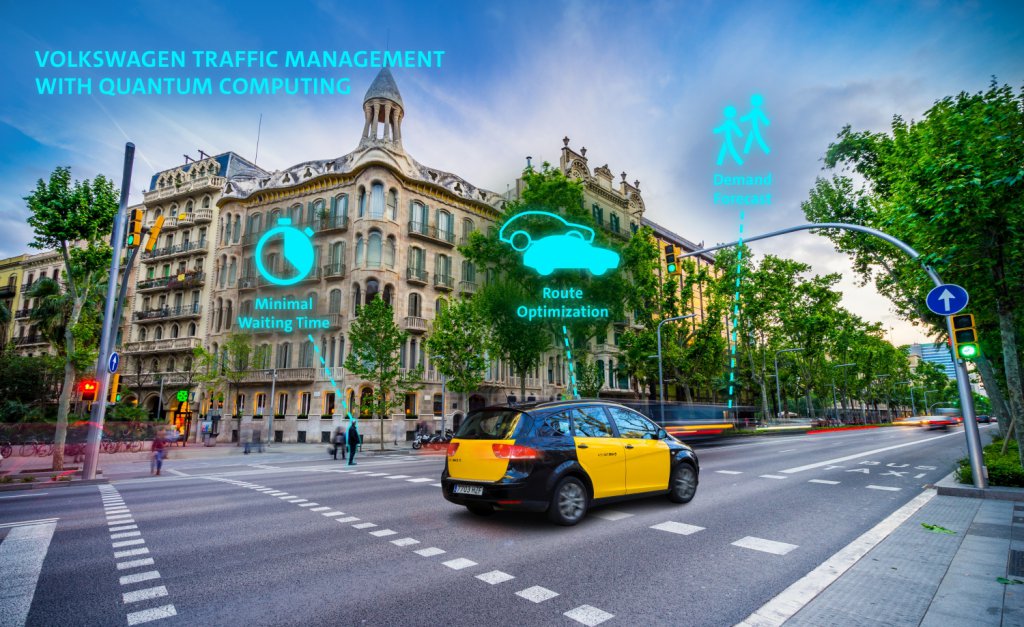
Quantum computing will be big, but offline says INSEAD professor. Source: Flickr / Ian Hughes
Quantum computing to make biggest impact offline
QUANTUM computing has been something that has interested academicians for more than a decade. In recent times, it has become a technology that enterprises have started exploring too.
However, the general discussion about the massive power that quantum computers provide has steered away from understanding its benefits, to fearing its potential misuse by hackers.
Although some experts who’re keen on highlighting the good the technology can do say people shouldn’t worry about quantum computers getting into the wrong hands — because the reality is that access to such hardware and the resources needed to run and maintain them isn’t as readily available as most people seem to think.
One INSEAD professor, however, believes that debating about whether or not quantum computing will further challenge cybersecurity professionals isn’t the best use of experts’ time — and shouldn’t be a big concern.
In his opinion, quantum computing will make the biggest impact offline.
“Disregard the alarmist headlines: Quantum computers won’t end privacy online. In fact, their most revolutionary impact may be felt offline,” said Professor of Strategy Andrew Shipilov in a recent blogpost on INSEAD’s website.
“In reality, a general-purpose quantum computer doesn’t exist yet. The day it does, it will be fast, but pretty bad at solving cryptographic puzzles.”
“The true business case for using this technology should interest smart-city visionaries more than those who are concerned with Internet privacy.”
In fact, Shipilov, who understands the nuances of quantum computing, opines that quantum computing is based on probabilities and that the system (so far) is so unstable that they’re not even suitable for common encryption/decryption uses let alone “break(ing) encryption behind current Internet protocols”.
Quantum computers for safer and smarter cities?
According to the INSEAD professor, quantum computers can make a big impact offline.
His advice to businesses (and government organizations) is to focus on leveraging the technology to turbocharge the smart cities being built around the world.
“Quantum computing is best suited for cases that involve massive data processing, but don’t require 100 percent precision in computations.”
Shipilov suggests the use of quantum computers at the city-level, for example, to help with traffic coordination and management in the age of driverless cars.
The professor does agree that, at a micr0-level, each autonomous car might be able to make its own decisions about when to move and how to get to its destination safely, but believes “such local decisions might not be optimal on a larger scale. Thus, the city might want to have a quantum computer to optimize the city-wide traffic flows”.
Interestingly, Volkswagen recently reported that it was working on a similar idea for taxi companies.

Volkswagen traffic management using quantum computing. Source: VW
“We want to gain an in-depth understanding of applications of this technology which could be beneficial to the company,” said Volkswagen CODE Lab’s Principal Scientist Florian Neukart.
“This includes traffic optimization as public transport organizations and taxi companies in large cities are highly interested in managing their fleets efficiently. Our quantum-optimized traffic management system could assist them in the future.”
The Volkswagen experts first want to test the algorithm in Barcelona as they have an adequate database for this city. As a general principle, the algorithm could be scaled up or down for any city.
At the end of the day, Shipilov concludes that quantum computers are powerful but they’re hardly an enemy of privacy. Instead, he seems them as “friends of complex problems” and suggests the business leaders do so as well.
#Quantum is gonna be huge fun… pic.twitter.com/zWRYrTzQTV
— Patricia Cornwell (@1pcornwell) January 28, 2019
READ MORE
- Strategies for Democratizing GenAI
- The criticality of endpoint management in cybersecurity and operations
- Ethical AI: The renewed importance of safeguarding data and customer privacy in Generative AI applications
- How Japan balances AI-driven opportunities with cybersecurity needs
- Deploying SASE: Benchmarking your approach






